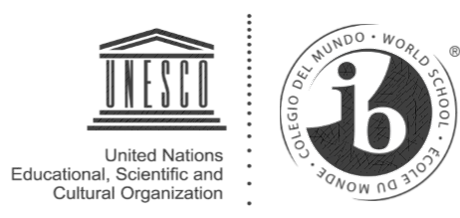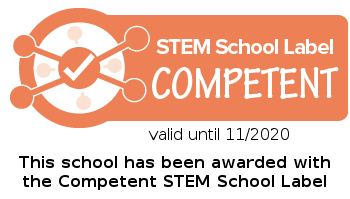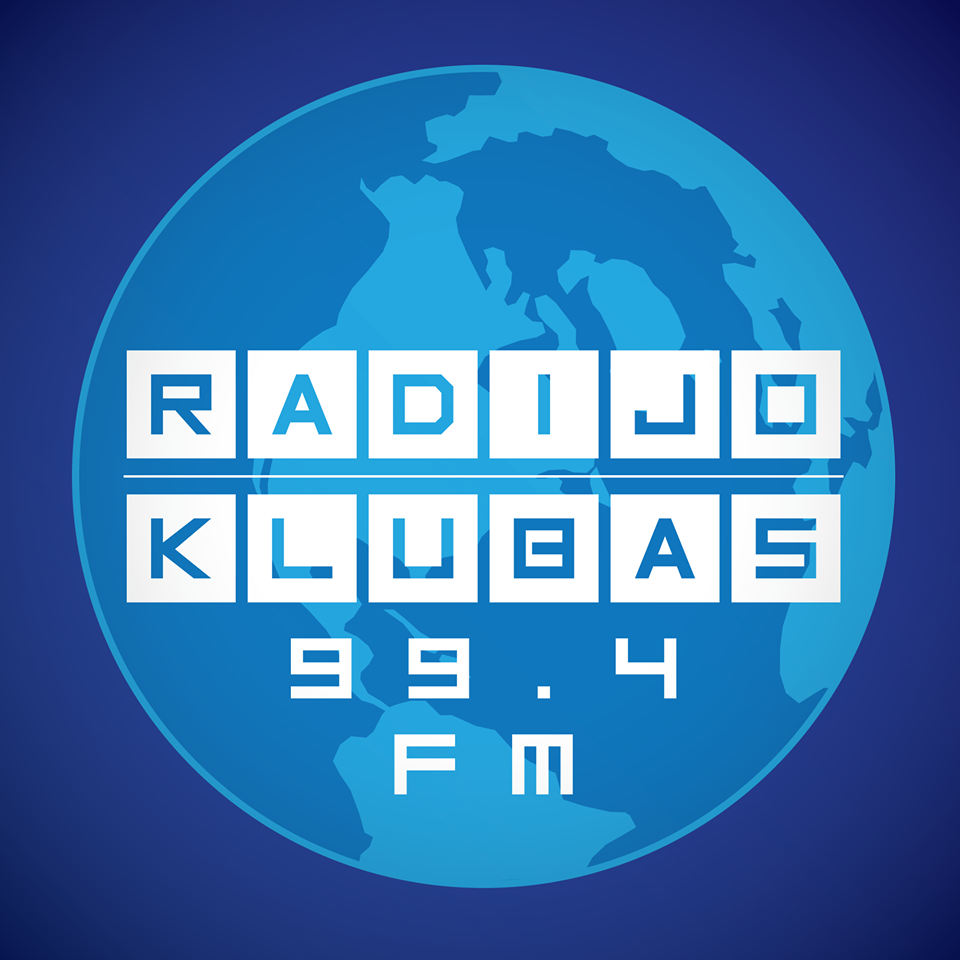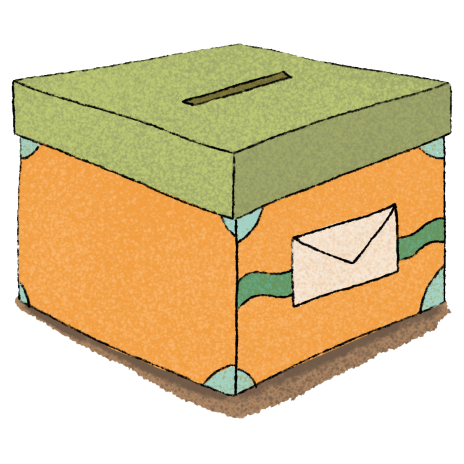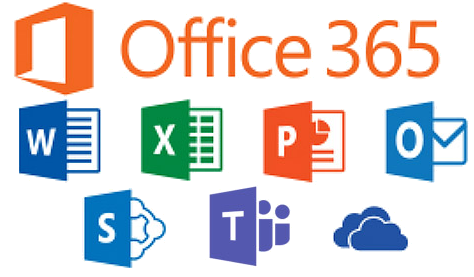
Global Education for a Global World - this is an international strategic partnership for schools project. The project was held in Lithuania, Poland, Turkey, Romania and Spain. The project started on 1st of September 2017; it was implemented during 24 months. The main idea of the project was to create the possibilities for schools from different countries to work together, to discuss about global problems and how to start solving them step-by-step. The main theme of the project was the refugee crisis in Europe, their impact to the hosting countries economy and their society. This is a global problem, on which the media gives different insights, but policy actions to refugees integration problems are not presented to local community; this global problem is not discussed with young people in the schools; teachers do not have qualification, methods and experience of organizing global learning process. Therefore, this project was meant for eliminating this problem by educating students and teachers. The topics of the project included the refugee crisis, the impact on the economy, the attitudes in hosting society and the issue of tolerance, and media. Educators and young people exchanged their knowledge, thoughts and experiences about main concerns, such as discrimination, tolerance, refugees, peace promotion, economy, media and citizenship promotion. The learning activities and methods for discussing, understanding and solving the global problems on formal and non-formal education were created during the implementation of the project. The objectives of the project: - to analyse and understand the refugees' problems and the crisis impact on the hosting countries economy and society. - to develop competences for teachers to lead them to a critical thinking in a learning process; which should help to go deeper into the global problems understanding and local acting. - to enable young people to get quality dissemination of information; to let them try practically the media mechanisms. Partners visited each other during the project implementation period. Working in the different groups, exchanging opinions, discussing the most problematic topics together, educators and young people from different European countries have become friends with each other, improved their level of tolerance and in addition to that, gained a good life experience and the wide range of skills, including analytical, critical thinking, public speaking, debating and working in team skills.
The first phase of the project was organized and implemented: 1st transnational project partners’ meeting was held on 29th-30th of November, 2017, in Siauliu Didzdvario gimnazija (Lithuania). During the meeting the detailed working plan of the project for next 2 school years was made together with the representatives of all partner organisations. I mobility was held on 26th-30th of January 2018, in Poland. During the meeting the current challenge regarding refugees was analysed from the point of view of political science. Participants discussed on the issues related to the differentiation between the terms of "migrant" and "refugee" and how they are used by media and politicians to influence the society and the role of the EU in resolving the crisis. Students were involved in lectures and discussions. They participated in the debate and defended different opinions. Students started to work on their individual project proposals they will carry out after the project. They started to prepare the first part of the video, describing the project. The preparation for individual projects and for the final video were carried out by students during every meeting. The teachers prepared the lesson plan on the topic of the workshop and how to address the topic working with students. II mobility was held on 23th-27th of April 2018, in Lithuania. Participants analysed the impact of migration on the economy; whether or not migration is a dangerous phenomenon for economic development and how politicians should act in order to weaken the stereotypes related to the migration and economy. Prominent Lithuanian economist and President of the Free Market Institute Zilvinas Silenas held a workshop with the participants in the Free Market Institute in Vilnius. Students worked on a policy paper, addressing the ongoing crisis and its impact, which will include recommendations to the EU how to deal with it and reduce the prejudices among the citizens. The teachers prepared the lesson plan and the resource bank of the materials related to the topic of the workshop. III mobility was organized on 4th-8th of June 2018 in Turkey. Various activities were organised to make participants feel "being in other's shoes" and make them understand why accepting the difference is important for their lives. Also, "hate speech" phenomena were discussed and several situational games were offered to differentiate the hate speech from the notion of freedom of expression. Students prepared and presented short speeches about tolerance. Using examples from the history or from their daily routine were really appreciated. They created, acted and filmed situations about refugees, migrants and tolerance. Participants visited one of the refugee centres in Bursa, learnt about its activities, participated in the workshop with refugee children. Teachers prepared the lesson plan and the resource bank of the materials. The second phase. Skype meeting: 17.01.2019. During the meeting evaluated mid-term results of the project and planned working plan for the rest activities. IV mobility was organized on 15th – 19th October of March 2018 in Spain. Topic: Integration of the refugees. The participants analyzed possible societal risks and threats of their alienation. They were invited to discuss about the possible ways of integrating the refugees into the society and to present their ideas prepared in the teams. The main activity for the students was the team work and preparing the presentations. Teachers prepared the lesson plan and the resource bank of the materials related to the topic of the workshop. V mobility was organized on 3th-8th of March 2019 in Romania. Topic: Media. We had a meeting with Ioana Epure, famous Press One journalist in Romania, who presented her experience when she worked with refugees, showed some tools that journalists use to attract readers attention. We learnt media is a really powerful tool which can be used to manipulate information and those who rule media, rule the world, had a short discussion about press and refugees. Also, we had activities in the County Library, “Relitatea” Newspaper Editorial, students tried “Being a Journalist” game and presented TV News, Radio News and Newspaper News. The main objective for students was to create a video and for teachers to write a lesson plan. II partners' meeting (closing conference) - 6th-8th of May, 2019. Siauliai (Lithuania). The results of the project were presented to wider audience. Participants from all partner organisations shared their experience, discussed project issues with city council members, solved community problems during the interactive activity "8 steps towards community", listened to presentations by member of Šiauliai City Council Stuopelytė Mendoza Herrera's (“What does it mean to be a global citizen?”) and Anna Chełmińska, Headmistress of Spoleczny Zespol Szkolno-Przedszkolny (“Helping or destroying? How to work in developing countries”).




